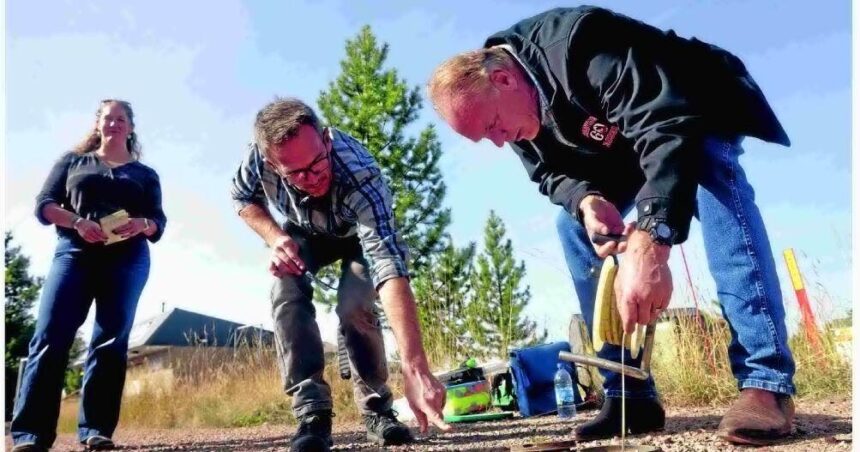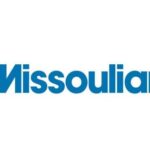As he peered down a 40-foot monitoring well near Seeley Lake’s Elementary School, U.S. Rep. Ryan Zinke said he is focused on building a sewer in the town, including requesting more money in 2025 to complete the project.
Zinke, a Republican who is up for reelection next month running against Democrat Monica Tranel for the western Montana U.S. House seat, previously proposed $10 million in federal dollars to help construct a sewer for Seeley Lake, an unincorporated area of 1,000 residents surrounded by national forest land.
The U.S. Senate still needs to approve the $10 million installment before it’s mediated by a joint chamber group, and then it could be signed into law by President Joe Biden.
Homes in the Clearwater Valley rely on septic systems for wastewater, which in turn has increased nitrate contaminants within the center of town. Increased regulations and a lack of space for new septic systems have stifl ed new growth, especially for aff ordable housing.
People are also reading…
Zinke told the Missoulian on Thursday that if he is still in office next year, he would propose another $10 million funding request to finish the sewer project, which was estimated to be $20 million in total.
“This is what the government should be doing, at the end of the day the government should invest in infrastructure,” Zinke said in a trip to the town. “You have a tax base that needs this. They can’t aff ord a $10 or $20 million-dollar project.”
Zinke called the meeting with Missoula County leaders and the Seeley Lake Sewer Board to talk about challenges to the project and the importance of installing a system in the town.
Water tests have shown some areas have nitrates above Clean Water Act standards, according to Chief Health Department Officer Jeanna Miller. Nitrates in high amounts cause human health problems, like cancer.
Further testing of personal care product traces in the water by the sewer district showed that humans were responsible.
“Septic systems are one of the contributing sources of nitrate, the others that can cause issues like this are large-scale agriculture, like a concentrated feeding operation,” Miller said. “Where we see it in areas in the West like this often are communities that are built and developed without a centralized wastewater treatment system.”
This spring, Zinke introduced the initial $10 million funding request to Congress for the Seeley Lake Sewer Board to help pay for a collection plant. Next year, if he’s in office, Zinke’s staff said it will propose an additional $10 million to cover the pipes from the plant to people’s homes.
A previous eff ort in 2021 would have build a sewer system for $16 million, with more than $10 million covered by grants, but the bond for the project was shot down by about 70% of Seeley Lake voters.
Residents have previously said the cost of building the sewer would be too great of an ask for the rural community. The board is planning to use grant funding only for the sewer, according to Sewer Board President Tom Morris.
Zinke told the group of leaders huddled around the testing well that he sees the infrastructure project as a necessary way to increase aff ordable housing and development, specifically with getting a new lumber mill in the area.
The town is facing big changes in the future after the last lumber mill in the region announced it would close its doors this spring, citing a lack of employees and dipping wood product values.
Pyramid Mountain Lumber was the largest employer in the town, and continues to scale down its operations for auction later this fall.
Zinke is confident that a mill is needed in Seeley Lake to manage the sprawling federal and state forest land, which could see a negative ripple effect from losing both Pyramid and Roseburg Forest Products in Missoula.
“If a mill is going to come in here, and I believe a mill will, because you let the forest languish … it’s hard to get employees, or sheriff s, if you can’t flush the toilet,” Zinke said.
Building a sewer system could also allow for more development and a revitalization of local businesses, like the town’s car wash that was shuttered for being non-compliant with federal septic law.
“Some of the economic benefits immediately would create housing for our deputy sheriff s, our school teachers, industry that we have seen struggling, and main street businesses,” Missoula County Commissioner Dave Strohmaier said at the Thursday meeting.
Despite Zinke’s proposal during a presidential election year, where either winner could influence the agenda of Congress, Zinke said…





